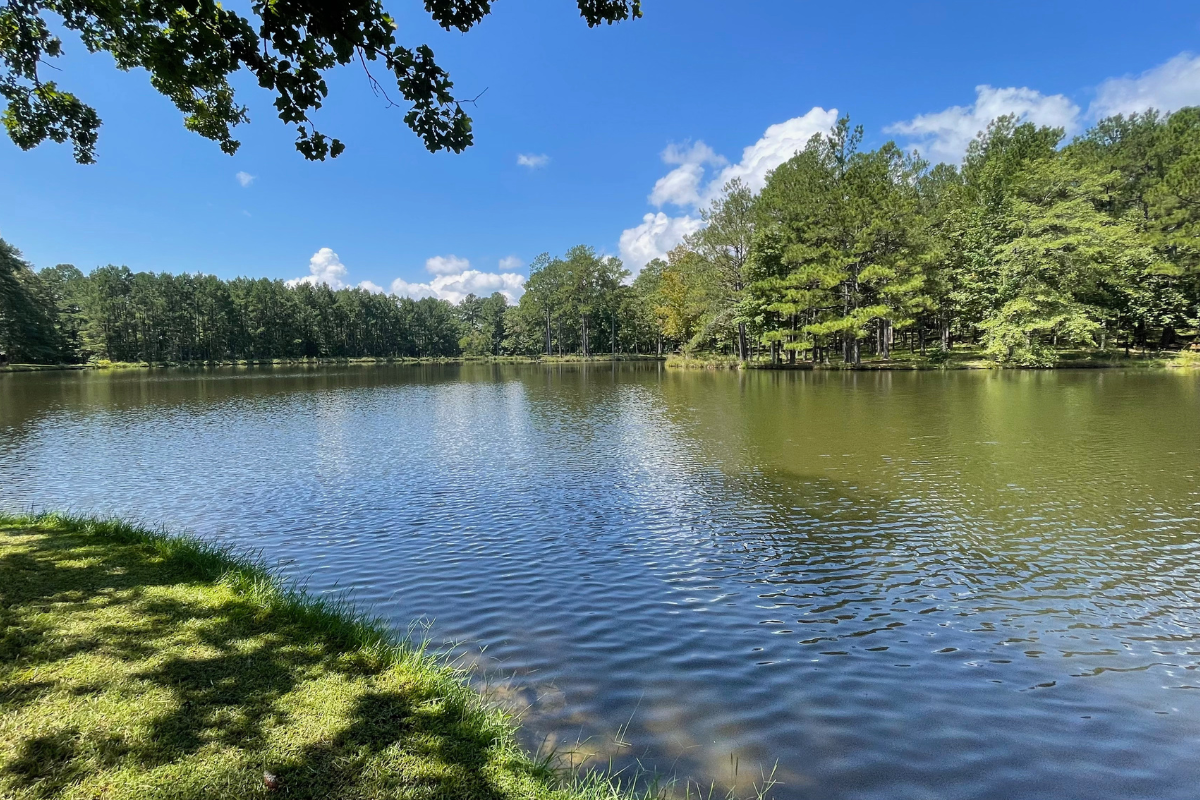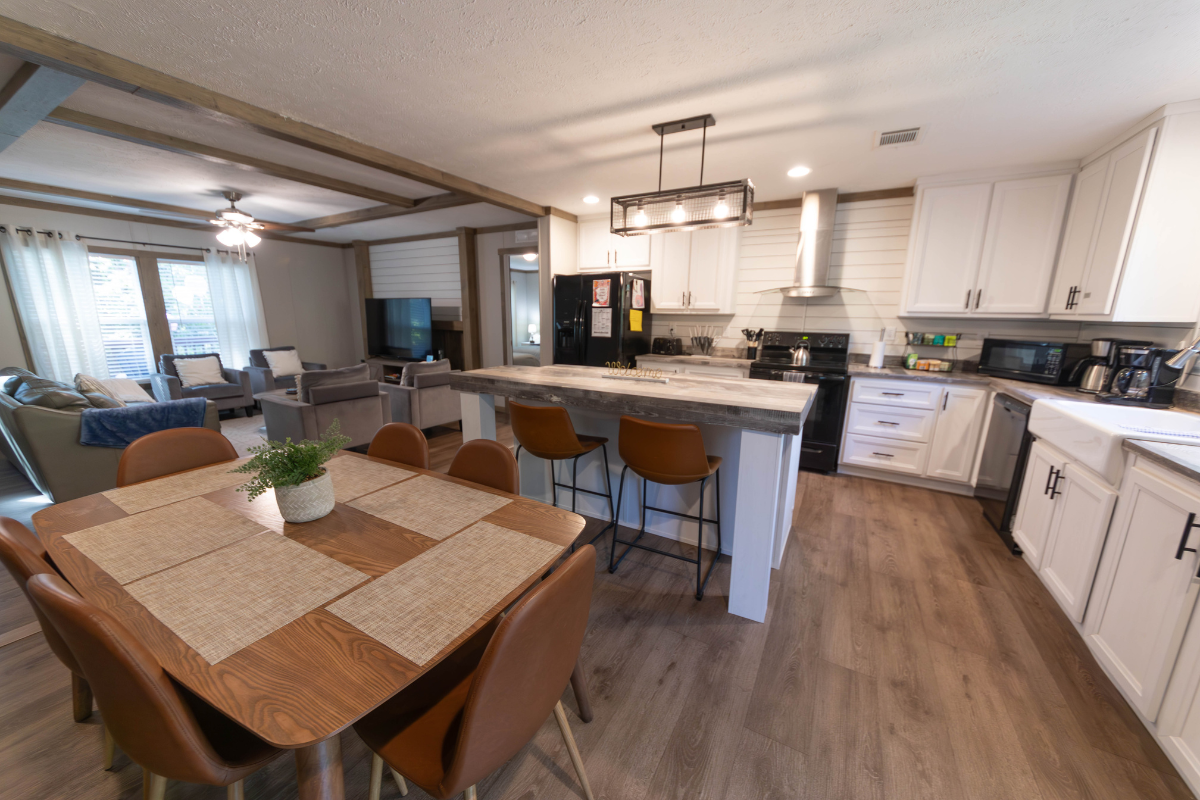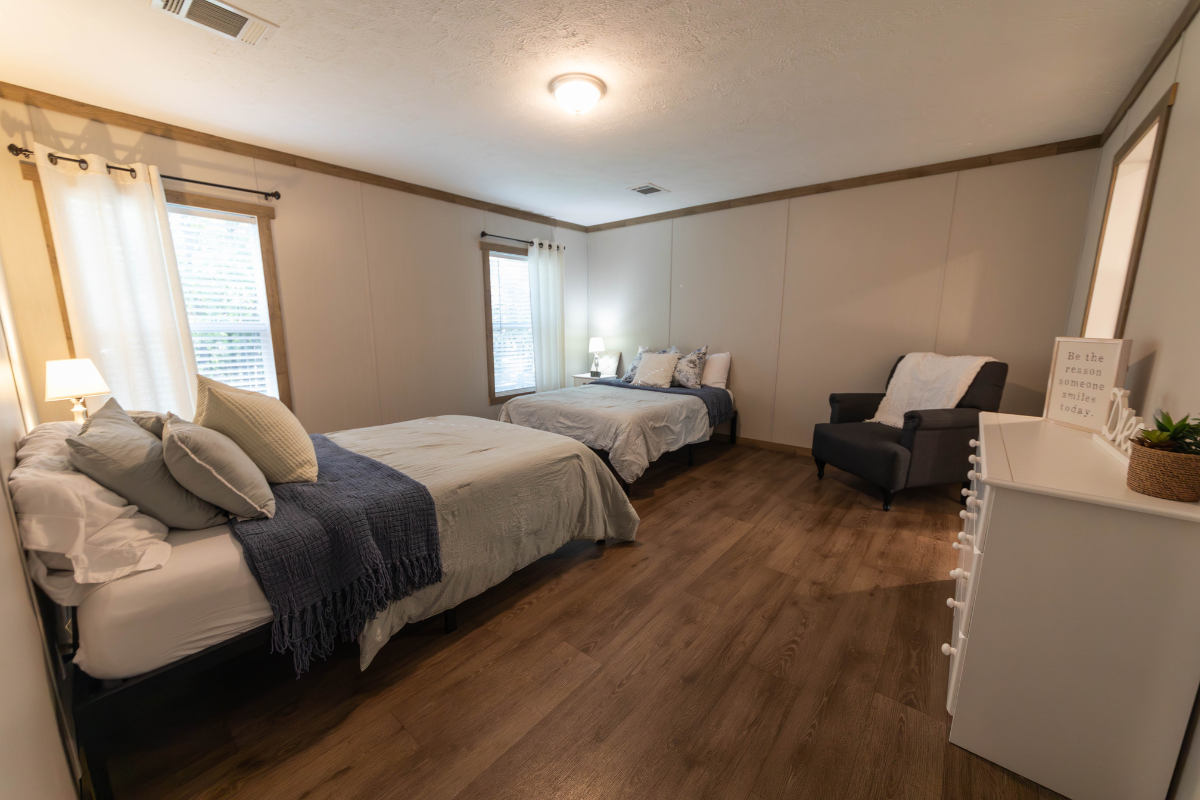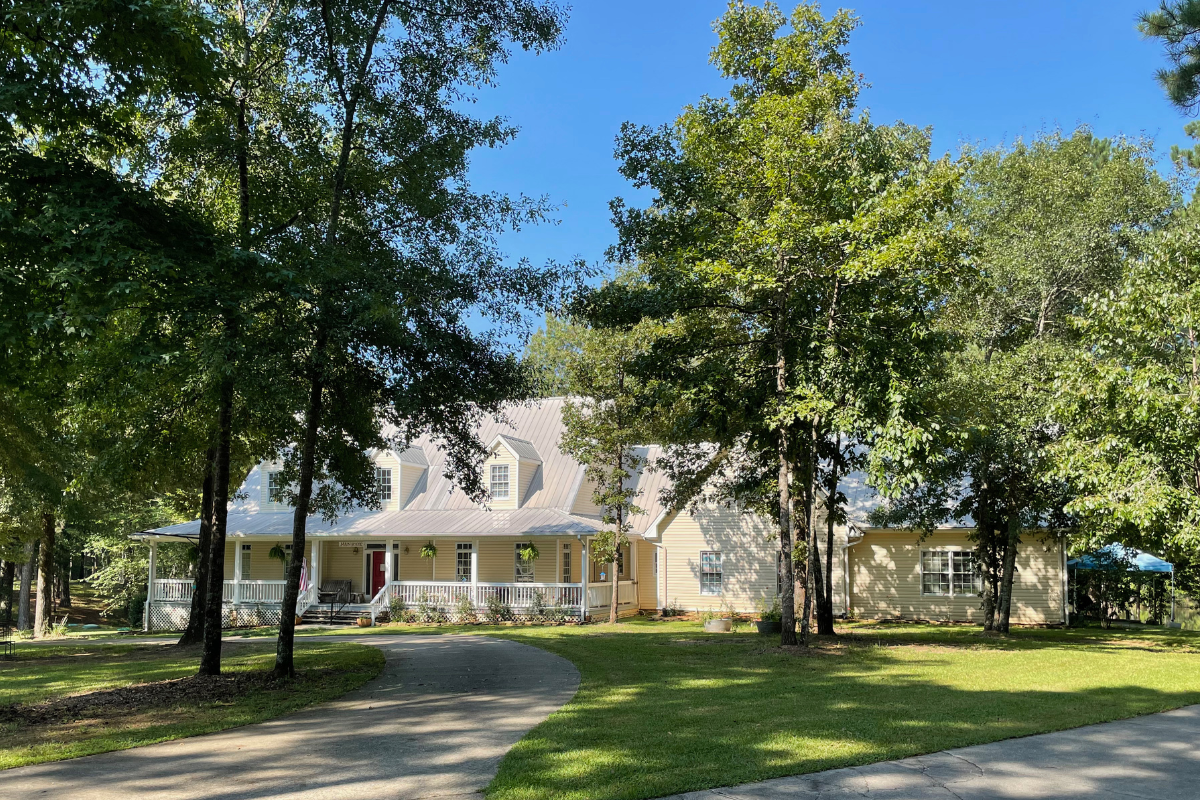Anorexia Nervosa
Anorexia nervosa is a potentially life-threatening illness characterized by an intense fear of gaining weight and a distorted body image, resulting in significantly low body weight.
Anorexia nervosa treatment at Magnolia Creek
At Magnolia Creek, we provide comprehensive treatment for anorexia nervosa through a holistic, evidence-based approach that includes individual, group, and family therapy, nutrition education and meal support, rehabilitation, and psychiatric care.
Our team has expertise in addressing co-occurring mental health and substance use disorders, which often accompany anorexia, ensuring each client receives integrated, specialized care in a serene and supportive environment.

About anorexia nervosa
- Anorexia nervosa is characterized by an intense fear of weight gain, a distorted body image, and persistent difficulty maintaining a healthy body weight.
- Anorexia nervosa has a lifetime prevalence of up to 4% in females and 0.3% in males, affecting individuals across all backgrounds.
- In recent years, rates of anorexia have risen among adolescents under age 15, underscoring the critical need for early detection and intervention.
Individuals with anorexia have a suicide risk 18 times higher than those without an eating disorder.
FAQs about anorexia nervosa
What is anorexia?
Anorexia nervosa is a serious and potentially life-threatening eating disorder marked by an intense fear of weight gain and a distorted relationship with food and body image. Individuals with anorexia often engage in extreme food restriction, compulsive exercise, or other behaviors aimed at weight control — even when significantly underweight.
More than a physical illness, anorexia is rooted in deep psychological and emotional struggles. It frequently co-occurs with conditions such as anxiety, depression, or obsessive-compulsive tendencies and may be linked to perfectionism or a need for control. Without appropriate treatment, anorexia can lead to severe medical complications, including heart issues, organ failure, and an increased risk of suicide. Early, comprehensive care is essential for long-term recovery.
What are the signs + symptoms of anorexia?
Anorexia nervosa affects individuals both physically and psychologically, and symptoms may vary depending on the severity and duration of the disorder. Common signs to look for include:
- Noticeable weight loss or fluctuations
- Intense focus on food, calories, body image, and exercise
- Restrictive eating patterns or elimination of entire food groups
- Rituals around food (cutting food into tiny pieces, eating very slowly)
- Denial of hunger or making excuses to avoid meals
- Cold intolerance, fatigue, or feeling faint
- Distorted body image and extreme fear of gaining weight
- Menstrual irregularities or loss of menstruation after puberty
- Withdrawal from social situations or activities, especially those involving food
- Excessive or compulsive exercise routines
- Gastrointestinal complaints such as bloating, constipation, or stomach pain
- Dental problems such as enamel erosion or sensitivity
If these signs are present, especially in combination with one another, professional treatment may be necessary to address both the physical risks and the underlying psychological elements of anorexia.
When is it time to seek professional support for anorexia nervosa?
Anorexia nervosa is a life-threatening illness that can lead to severe medical complications, including heart issues, electrolyte imbalances, bone loss, infertility, and organ failure. The psychological toll is equally serious, often involving intense anxiety, depression, or suicidal thoughts. Because many individuals with anorexia struggle to recognize the severity of their condition, early intervention is critical.
If you or a loved one is experiencing significant weight loss, restrictive eating, or obsessive thoughts about food or body image, it’s vital to seek professional help as soon as possible.
Step into healing at your own pace.
Magnolia Creek offers two distinct levels of care — residential treatment and partial hospitalization — with a focus on tailoring each client’s treatment plan to their unique diagnosis and recovery goals.
How We Treat
More Resources

Anorexia Athletica: Signs, Symptoms, Treatment

What Is ARFID? How It Differs from Other Eating Disorders

Teen Body Image: What Parents Need to Know
Renew your hope at Magnolia Creek.
Contact us today or complete our form to connect with an admissions specialist who will guide you to the right program. Healing is just a call away.
Your privacy is our priority. All communication is completely confidential.














































